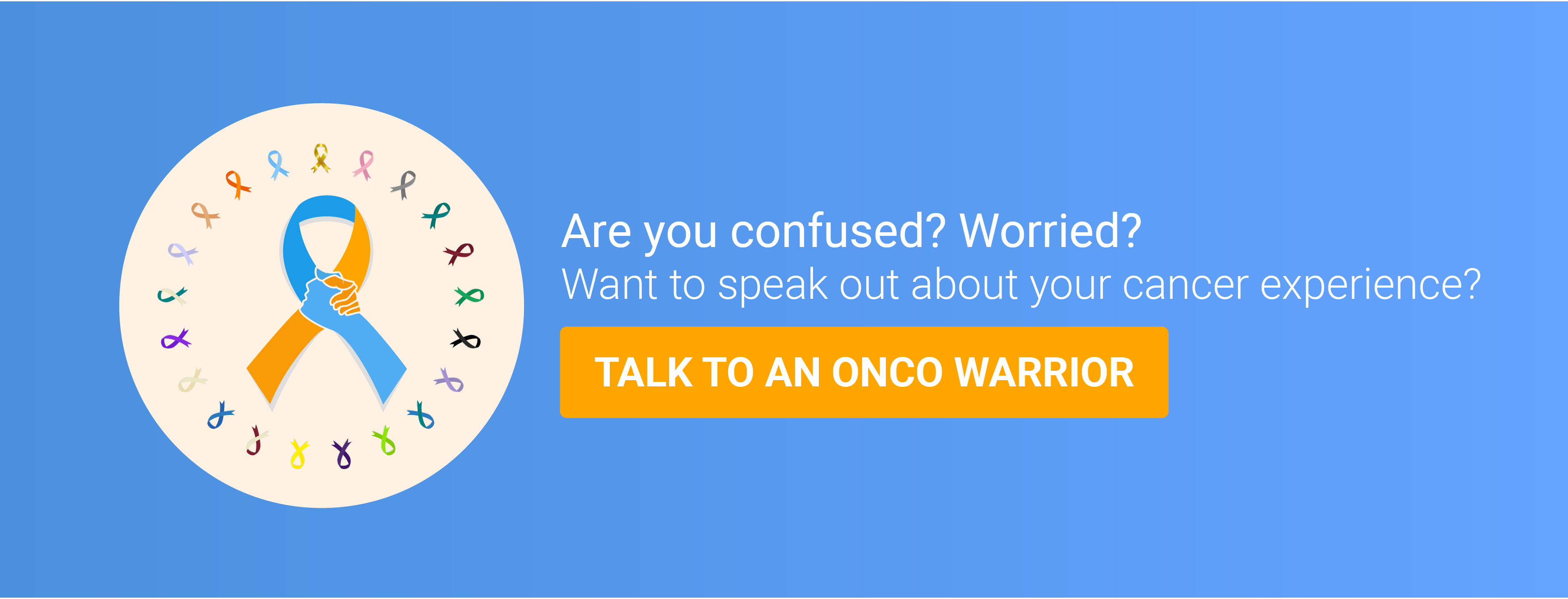Cancer treatment can cause anxiety and stress. Studies bear out that 30 to 50 percent of cancer patients struggle with sleep. There are more than 100 types of chemotherapy drugs and each comes with its own individual chemical composition and side effects.
 It might be 6.30 am and you might still be tossing and turning in your bed like a creaky door does on its hinge. But don’t despair, there’s help.
It might be 6.30 am and you might still be tossing and turning in your bed like a creaky door does on its hinge. But don’t despair, there’s help.
Sleep and recuperation are among the biggest favors you can do to yourself. Sleep accelerates the healing process. Sleeping in a dark environment is also recommended as it helps the production of melatonin, an essential ingredient of the skin to keep away cancers. It also increases the effect of lymphocytes and white blood cells that fight off foreign invaders keeping the body’s immunity system in check.
Here are tips to sleep well when you are on chemo:
- Talk to your healthcare team about it
There is no need to be embarrassed if you need sleep and anti-anxiety medicines. As important as chemotherapy is in cancer treatment, it can tax your body. Your body needs sleep in order to fight cancer. If you’re worried about getting addicted, there are stories of how people have successfully weaned off them.
2. Try to stay awake during the day
Staying awake during the day can create enough deficit sleep for you to fall asleep at night.
3. Follow a regular sleep schedule
Despite work, the children and the pets getting in the way, a sacred sleep time and space is important. Your body will catch a signal and crash when it is time to sleep.
4. Don’t eat or exercise for two hours before bedtime
This is sound advice. Keep yourself light and easy just before going to bed.
5. Lay off alcohol and tobacco
These can lead to fragmented sleep patterns and also counter the effect of chemo drugs on the tumor.
6. Keep a sleep diary
A sleep diary can help you spot patterns that are unique your sleeping habits. If for example you find yourself with a weird pain or feeling nauseous, tell your cancer care team. They will be happy to give you just the thing you need.
Cognitive behavioral therapy is recommended as a non-pharmacological treatment forms. It is used to target behavioral and cognitive processes of a patient’s dysfunctional attitude, levels of optimism and sleep patterns. Reports have it that cognitive behavioral therapy is a clear winner for treating insomnia in cancer survivors. Read more on Treating insomnia for cancer survivors – an introduction to cognitive behavioral therapy.
Acupuncture is another complementary treatment technique derived from traditional Chinese medicine. It is based on the neurological mechanism that activating the right acupoint in the human body can cause relief from pain, anxiety and other issues like insomnia. A fair number of studies have proven its positive effects as an Asian healing intervention. Take professional advice on this.
Contacting your medical team is perhaps the easiest thing to do. Having had a firsthand knowledge of your case, they will be able to tell you the treatment that is best for you without further complications. Herbal medicines that are sold over-the-counter are also useful.
Other non-pharmacological treatments that aid sleeping are relaxation therapy, meditation, yoga, and stimulus control therapy. Once you have got your medications, complementary assistance and your routine sorted, you are in all probability going to drop off as soon as you hit the bed. Take care of yourselves and that precious sleep!
Happy World Sleep Day!



